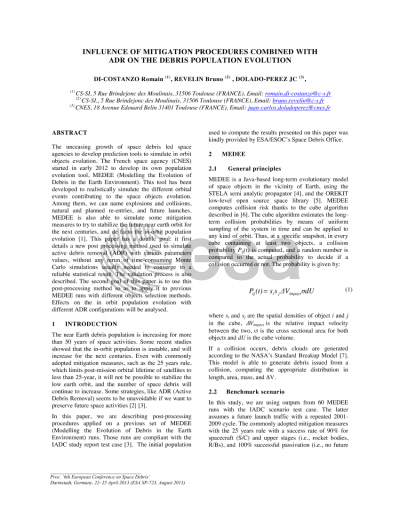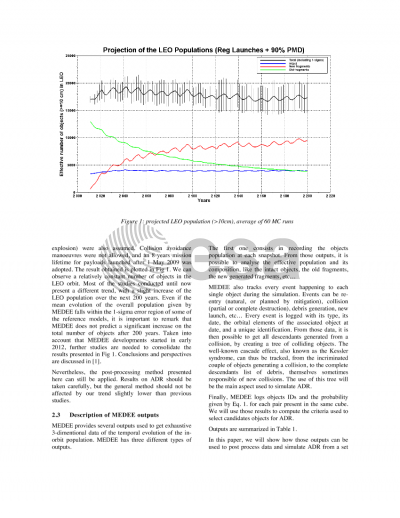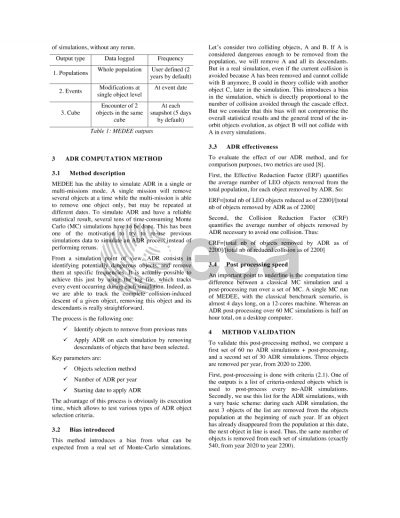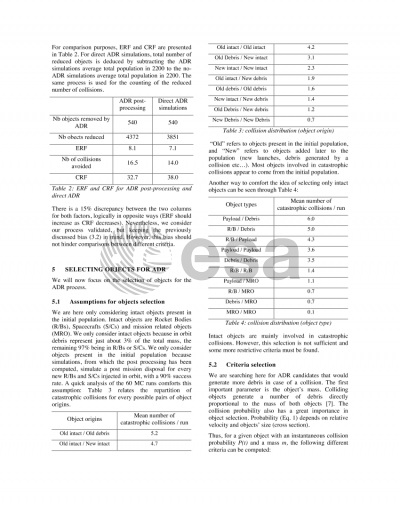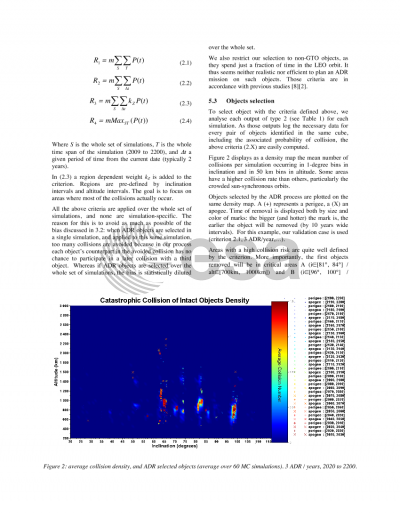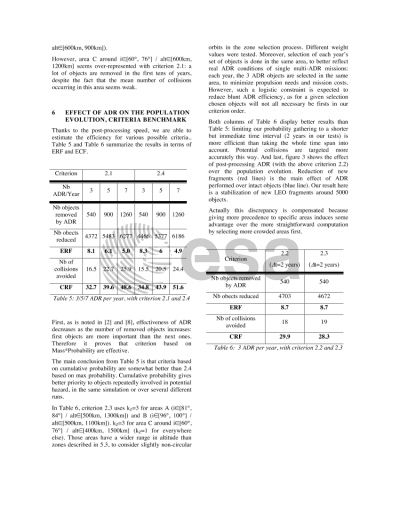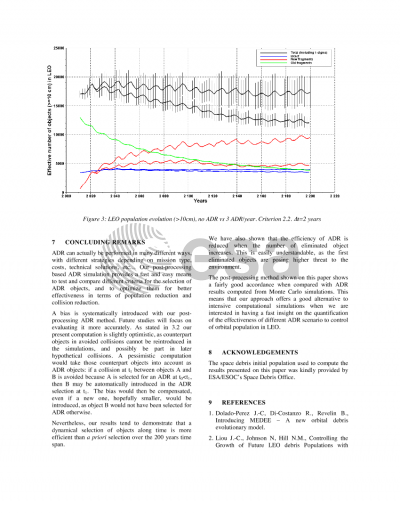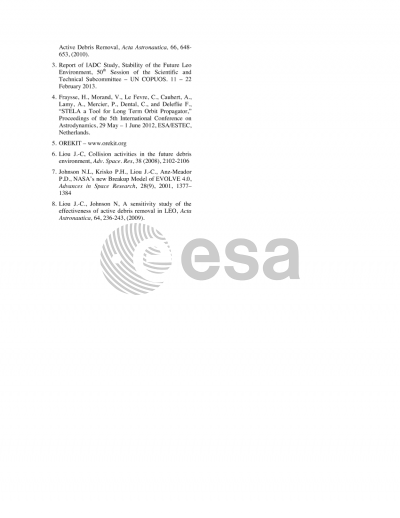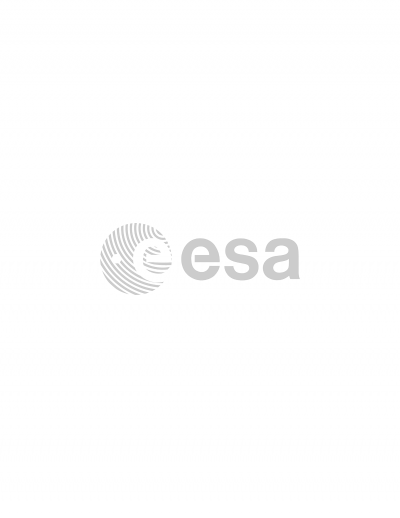Document details

Abstract
The unceasing growth of space debris led space agencies to develop prediction tools to simulate in orbit objects evolution. The French space agency (CNES) started in early 2012 to develop its own population evolution tool, MEDEE (Modelling the Evolution of Debris in the Earth Environment). This tool has been developed to realistically simulate the different orbital events contributing to the space objects evolution. Among them, we can name explosions and collisions, natural and planned re-entries, and future launches. MEDEE is also able to simulate some mitigation measures to try to stabilize the future near earth orbit for the next centuries, and de facto the in-orbit population evolution [1]. This paper has a double goal: it first details a new post processing method used to simulate active debris removal (ADR) with various parameters values, without any rerun of time-consuming Monte Carlo simulations usually needed to converge to a reliable statistical result. The validation process is also described. The second goal of this paper is to use this post-processing method so as to apply it to previous MEDEE runs with different objects selection methods. Effects on the in orbit population evolution with different ADR configurations will be analysed.
Preview
